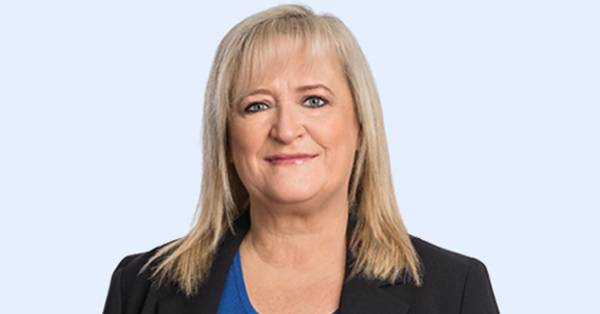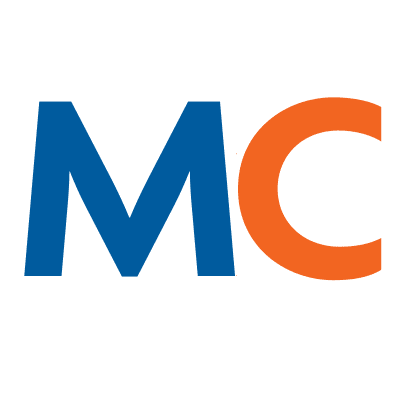- Solutions
- Solutions
- Home Health
- Hospice
- Life Plan Community
- Palliative Care
- Private Duty
- Senior Living
- Skilled Nursing
- Skilled Nursing
- Skilled Nursing Software
- Advanced Insights
- Customer relationship management
- Data and analytics
- Financial & operations management
- Marketing
- Nutrition management
- Referral management
- Regulatory compliance
- Retail management
- Resident engagement
- Revenue cycle management
- Skilled nursing interoperability
- Partners
- Blogs
- Resources
- About
- User Conference

Benefits of integrated speech-to-text technology
Clinician satisfaction is impacted by several factors, but several key challenges rise to the top in nearly every home health agency. The burdens of documentation (and associated workload) as well as staffing shortages that put pressure across agencies to simply do more with less are quickly draining satisfaction at alarming rates in our industry.
With 10,000 baby boomers turning 65 every day, many home health organizations are bracing for the onslaught of additional patient referrals. Many of our partners are not only bracing for these upcoming new patients, but also trying to solve the work-life imbalance facing their clinical staff. According to a recent report from the National Association for Healthcare Quality, half a million nurses are expected to leave the profession in 2023, leading to a deficit of one million nurses nationwide.
Clearly, these problems aren’t getting easier to solve. Home health is one of the toughest industries because of the strict regulatory and compliance mandates that not only impact reimbursement and patient care, but can also directly burden the clinicians. No nurse goes to school to find satisfaction in documentation. Home health providers are trying to recruit top talent, increase retention, and keep the profession rewarding for these all-important caregivers.
“MatrixCare has helped us be more efficient in our processes, in our back office, in our billing, in our charting. Our clinicians are able to document during the day while they’re seeing their patients or at the bedside; then at the end of the day their documentation is done, which helps a lot with work-life balance.”
–Angela Leonzi, RN, VP of Patient Care Services, Stratford VNA
Staffing stability is the key to revenue stability
Simply throwing money at these problems hasn’t solved them — such as the promise of sign-on or retention bonuses. Removing the real burdens faced by clinicians not only restores their work-life balance, but also allows them to work at the top of their license and gives them more time for patient care. Increasing the quality of the narrative notes by making them easier for the clinicians to capture leads to higher compliance, faster revenue, and less claims re-work.
“MatrixCare is maybe my best friend on many levels. I still do work in the field and now with MatrixCare that documentation time is a fraction of the time it used to be.”
–Jennifer Quinn, BSTP, Rehab Director, Addison Country Home Health & Hospice
Less time typing means more time for everything else
Nurses weren’t made to be typists and handheld devices weren’t made to capture narrative notes at the beside with electronic keyboards. The relief can be found by investing in a new technology — speech-to-text. Providing clinicians with speech-to-text technology allows them to speak the patient story, dictate the narrative notes, and capture more relevant details in much less time.
Integration leads to workflow benefits and adoption
nVoq is a secure speech-to-text app specifically designed for home health and hospice, with dedicated dictionaries and libraries that help drive accuracy.
Curious how speech-to-text can benefit your clinical team? Request a demo to see MatrixCare in action.
See what MatrixCare can do for you
Rob Stoltz
Rob Stoltz, Sr Dir, Business Development Home and Hospice. A long time veteran in the home-based healthcare IT industry with deep experience in EMRs, care transitions, patient engagement, predictive analytics and interoperability. Most recently, Rob has been focused on technology partnerships leveraging interoperability to benefit all stakeholders involved with patient care while enhancing provider efficiency through effective workflows.
Related Posts



See MatrixCare in action
Start by having a call with one of our experts to see our platform in action.
MatrixCare offers industry-leading software solutions. Thousands of facility-based and home-based care organizations trust us to help them improve efficiency and provide exceptional care.





